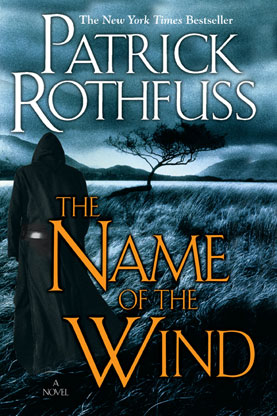If Lord of the Rings turns you off, and you can't recite most of the lines from The Empire Strikes Back by memory (hint: it's usually "I've got a bad feeling about this...") then don't bother. But if you haven't picked up Dune in a while, or at least one of these titles above gives you the shivers, it's worth revisiting. Like all great epic tales, Paul's obstacles become the readers own.
In Dune, by Frank Herbert, Paul Atreides faces the perils of life on Arrakis, or Dune, the planet George Lucas used to inspire Luke's home-planet Tatooine. After the assassination of his father, the Duke Leto Atreides, Paul and his mother, Jessica, escape the hostile usurping forces and join the Fremen, the blue-on-blue-eyed natives of the harshest parts of that desert world.
Paul will remind you of Luke, as well he should, with his Arrakian-exceptionalism and his pithy understanding of both future and past, and I found myself similarly moved and compelled by him. In a novel driven by economics, politics, yes, even jihad, (Interestingly, much of the Freman languauge is nonsense Arabic -- fascinating in a book published in 1965 and read today) Paul is at once strong and completely vulnerable. And so, like Luke and Kara and Harry and so many others after him, Paul faces his destiny.
As Paul begins to take his final steps towards fulfilling his fate, Freman tradition dictates that he must challenge Stilgar, friend, mentor, and current leader of the tribe. But as Paul faces his old friend, he asks:
“Do you think you could lift your hand against me?”
Stilgar began to tremble. “It’s the way,” he muttered.
As Stilgar remained silent, trembling, staring at him, Paul said:
“Ways change, Stil. You have changed them yourself.”
Perhaps the role of these narratives is to remind us that ways change, and yet, they remain the same. We readers love to find ourselves in the role of these heroes who must decide what can endure in times of tumult, perhaps because they are so similar to, and so different from, the times of challenge and revolution in our own lives.
Dune reminds us that what is most important, be it epic narrative itself or something as simple and commonplace as a friendship, will remain, even as we change our lives to meet our own destinies. Paul may be exceptional, but he reminds us that, assuredly, so are we.









